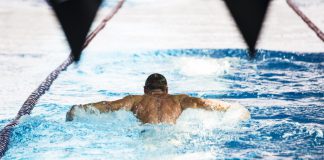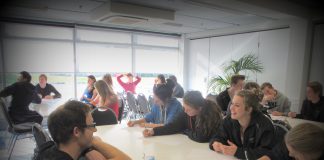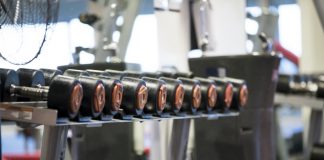Russ Hoggard tells it like it is. At 90 years old, he could be forgiven for enjoying his twilight years in gentle retirement. But no, you’ll still find him out on the AUT Millennium track, rain or shine, stopwatch in hand, critiquing the next generation of sprinters. After 60 years of coaching, from grassroots to international athletes, he has no intention of stopping. “I have a great love of track and field, and that keeps me happy,” he says. “Maybe I’ll be doing it for another 20 years!”
In June, Russ was honoured with a Queen’s Service Medal for services to athletics. The award was arranged by two of his past athletes, but that wasn’t known at the time. “Even on the day, I didn’t know how it all got started, I had to do a lot of detective work to find out where it came from,” he laughs. It’s fitting that it was a grassroots campaign which brought the recognition to fruition, as it’s this level where Russ has made an incredible contribution to New Zealand track and field.
For the past 17 years, that contribution has been with North Harbour Bays Athletics, based out of AUT Millennium. As well as acknowledgement from the Queen, Russ said he had dozens of messages following his investiture, and AUT Millennium Chief Executive Mike Stanley added his congratulations. “Russ has been an inspirational coach and mentor to so many athletes over the years,” says Mike. “He has an outstanding record of success, both in terms of results on the track and in the value he has added to so many people’s lives. He is revered for his homespun wisdom and humour, and deeply admired for his humility and the respect he gives all.”
Together with Tony Catchpole, Russ operates the Bays Speed Development group, where runners come to work on their speed and conditioning. Calling Tony “the best mechanics coach I’ve ever worked with”, Russ swears by the pair’s year-long programme. “I think we’re the example of what all clubs should do,” Russ tells. “For those who want to take their running seriously, if they commit to following the programme, they will see results. I believe if you have someone for 12 months and can’t make a good runner out of them, then you’re not a very good coach.”
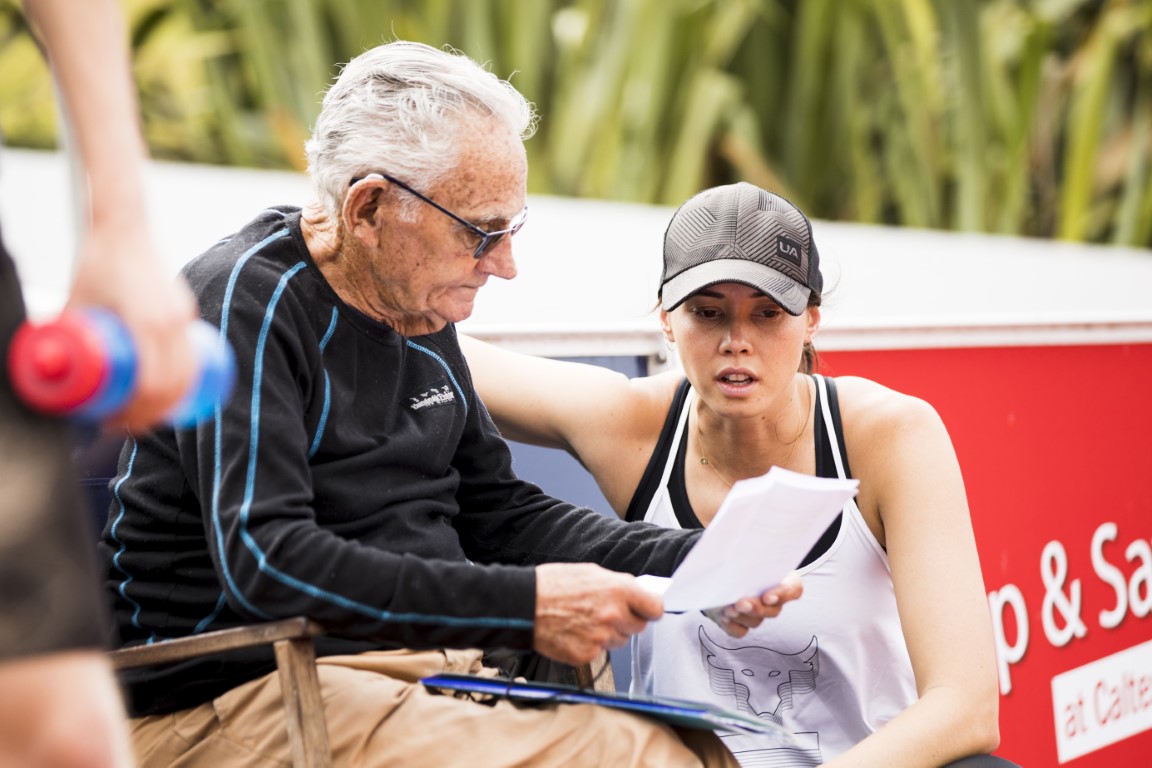
Trust the process
Russ’ leading athlete currently is hurdler Portia Bing, and her story exemplifies the process he believes is necessary for success. “Portia has had close to 14 years of athletics training, and she didn’t become an international until about five years ago,” Russ tells. “When she joined us, she was an ordinary kid, playing netball and other sports. Seven or eight years ago she came to me saying she wanted to be an athlete, and was prepared to give away everything else.” To do so, Portia had to find a balance between training, working, studying and her personal life, and it’s worked, as she’s now the leading female hurdler in the country. “It’s a long, slow process, and you have to have patience,” Russ says. “You have to build your whole life around being an athlete, but you can see the development and improvement if you commit to the process.”
It’s that message that Russ tries to get across to his athletes, and their parents, from the start. He often fields emails from parents wanting to make their child into the next Olympic gold medalist while still at primary school. As a general rule of thumb, Russ prefers to work with athletes who are aged over 13, for their own benefit. “Kids should have fun, and compete, but not over-compete,” he says. “They’re still growing, and can’t handle heavy workloads. I feel some parents expect too much of their kids. At that age, it’s more important to just let them have a good time.”
Current state of track and field
Russ has seen a lot during his tenure, including efforts to advance the sport locally. He knows, though, that it’s a numbers game. “We’re too far away, and we don’t have enough people,” he posits on why New Zealand hasn’t consistently produced competitive sprinters. We have to send our best athletes away overseas not only to compete at the highest level, but just to race against suitable competition.”
If he had a magic wand and deep pockets, one of his first tasks would be bridging the gap between schools and track and field clubs. “Schools have developed their own policies and are increasingly doing their own thing, in all sports,” he muses. “If a child is fast, they’re encouraged to play rugby, swim, or play netball for the school, and not get involved at club level. More often than not, schools are relying on the good nature of teachers, but they don’t know much about our sport at all, those coaches are at club level.”
As an example, he cites the national college track and field champs. “That is our biggest meeting every year, and this year, there will be about 1200 starters competing,” he tells. “Those starters never come all the way through our sport, there’s a gap there. Tony and I are trying to bridge that gap, but not many other people are. If we had 30 groups like ours around the country, we would have more sprinters competing, and the level would increase. But it’s just not happening.” Russ has tried several times to find a solution to the high school / club dynamic, and has come up short. “It’s a delicate balance, and our sport hasn’t quite got it right.”
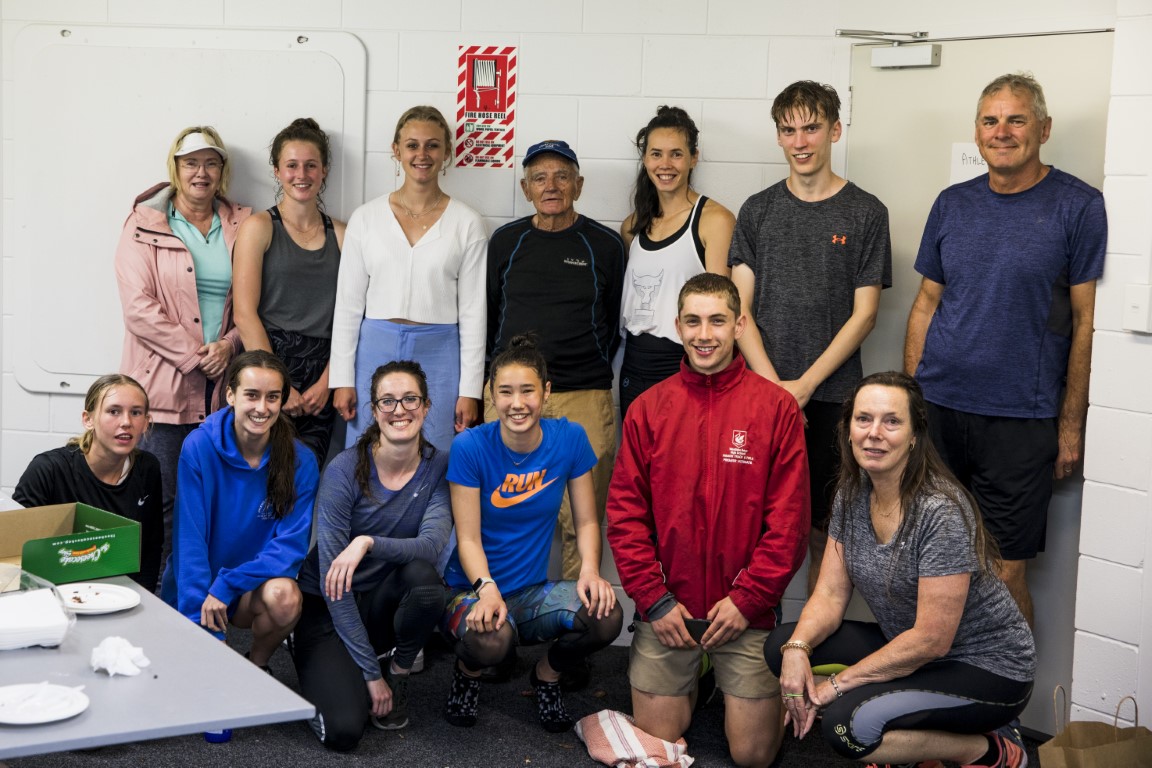
Wise words
With a chuckle, Russ says that it is nice to be able to sit back and purely coach now, and not be responsible for solving the challenges of the athletics world. He knows his lane, and is extremely happy there. At his age, he’s pleased to still find enjoyment in the process of coaching. “I get just as much of a kick out of someone breaking 13 seconds for the 100m as I do when someone wins a national title,” he says with conviction. “I enjoy working with the young ones, and if I get a competitive runner and some medals out of it, that’s just a bonus.”
Russ says there are two tried and true pieces of advice which apply to any level of sport, from weekend warrior through to international competitor. “First of all, it has to be fun. If it’s not fun, you’re not going to do it,” he says. “The other one I use all the time is ‘When the gun goes, the BS stops.’ If you haven’t done the work, you’ll know when the gun goes, and you won’t get the results.”
With an undeniable track record, you’d be remiss to bet against that wisdom.
To find out more about the Bays Speed Development group, visit their website: sporty.co.nz/speeddevelopment































